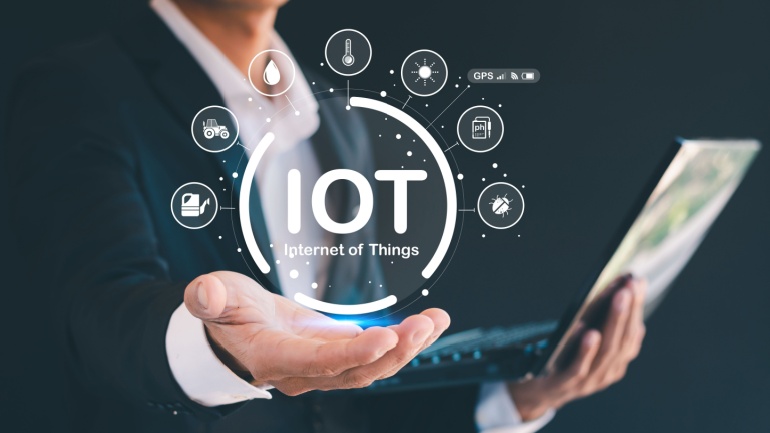Intel has announced a significant delay in constructing new chip manufacturing facilities in Germany and Poland, following disappointing Q2 financial results. This delay could impact Europe’s ambitions to bolster semiconductor production and reduce dependence on Chinese manufacturing.
Qumulo has announced its Cloud Native Qumulo (CNQ) on Amazon Web Services (AWS), designed to manage unstructured data with superior performance, scalability, and cost efficiency. This cloud-native solution tailors to sectors like healthcare, entertainment, and financial services. CNQ leverages AWS S3, ensuring economic data management with elastic performance scalability, suitable for high-demand workloads.
Tower Semiconductor and Adani Group are collaborating to build a $10 billion chip facility in Maharashtra, India. This ambitious project aims to boost domestic production of analog circuits and wafers, with initial output set at 40,000 wafers per month. Once fully operational, the plant will create over 5,000 jobs and enhance India’s semiconductor market presence.
The Swansea Bay City Deal awarded VMO2 a contract to upgrade fibre infrastructure. The global smartphone market is expected to grow, driven by Android sales in China and emerging markets. Patton acquired Raymar Information Technology to continue supporting crucial legacy industrial technologies. EE has released age-specific smartphone usage guidelines.
Qualcomm’s acquisition of Sequans Communications’ 4G IoT technology marks a significant leap in enhancing their VoIP solutions for the industrial IoT market. By integrating Sequans’ specialized cellular semiconductor solutions, Qualcomm aims to offer more reliable and optimized VoIP connectivity. This strategic move bolsters their portfolio, aligning with the growing demand for robust IoT connections.
AMD has announced a major acquisition of ZT Systems for $4.9 billion, aiming to strengthen its AI and compute infrastructure. This move will enhance AMD’s data center AI capabilities and customer enablement. With ZT Systems’ expertise, AMD plans to rapidly scale AI solutions for cloud and enterprise customers, bolstering its AI ecosystem.
Intel’s decision to sell its stake in Arm Holdings during Q2 is a strategic move amid job cuts and intense competition from AMD and Qualcomm. This shift allows Intel to focus on AI chips and for-hire manufacturing, making it crucial for VoIP providers to closely monitor Intel’s evolving strategy in the tech industry.
BAE Systems and Siemens have forged a five-year collaboration to create a strategic blueprint for smart manufacturing. This partnership aims to incorporate Industry 4.0 solutions, leveraging Siemens’ Teamcenter PLM software and Xcelerator ecosystem. The focus includes digital transformation, sustainability, and supply chain modernization, driving innovation in aerospace manufacturing.
Cisco and Rockwell Automation have partnered to accelerate industrial digital transformation in the Asia Pacific, Japan, and Greater China region. This collaboration aims to optimize manufacturing operations, boost productivity, and ensure industrial network security through advanced solutions like industrial IoT.
Soracom, a KDDI division, has integrated generative AI into its cellular IoT platform, launching Soracom Flux and Soracom Query Intelligence. These tools simplify IoT deployments, empowering non-technical users to manage data and connectivity efficiently. Enhanced with AI, these services promise to revolutionize how industries implement and manage IoT networks.












